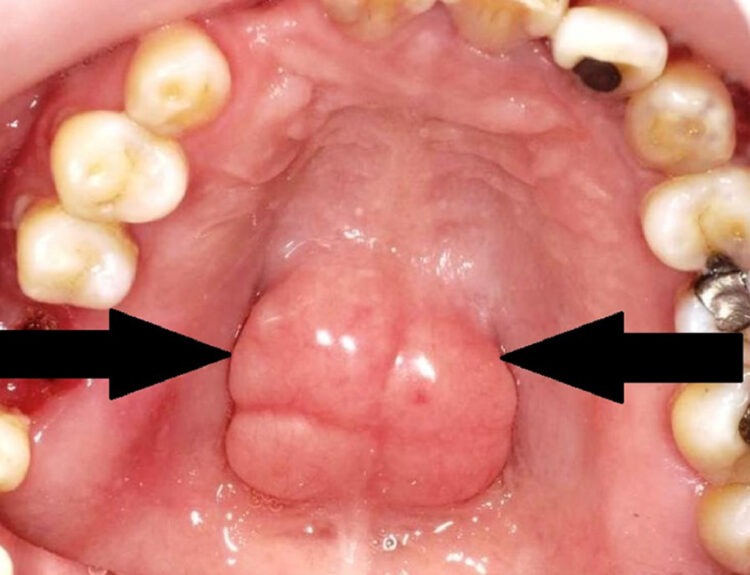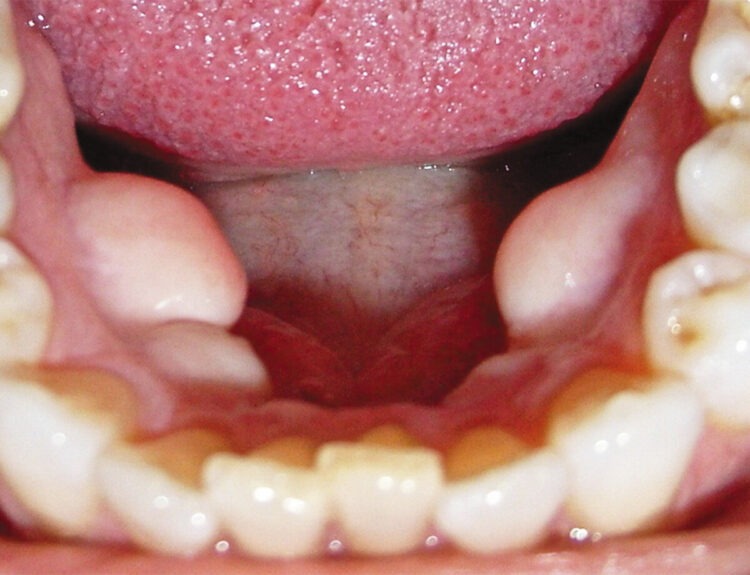Thumb sucking is a common and natural behavior in infants and young children. It’s often a source of comfort and security, especially during times of stress, fatigue, or boredom. While it usually fades on its own as children grow, persistent thumb sucking beyond the early years can raise concerns about teeth, speech and social confidence.
Why Do Children Suck Their Thumbs?
It is considered a self-soothing behavior. Babies have a natural sucking reflex, and even in the womb, ultrasound images capture fetuses sucking their thumbs. After birth, the behavior can help infants feel secure and relaxed, especially when separated from their parents or when trying to sleep.
Some common triggers include:
- Anxiety or insecurity
- Boredom or inactivity
- Fatigue
When Does Thumb Sucking Become a Problem?
Most children naturally outgrow thumb sucking between the ages of 2 and 4. However, if the habit continues as permanent teeth begin to emerge, usually around age 5; it may start to affect oral and facial development.
Potential long-term effects include:
- Dental issues: Prolonged thumb sucking can cause misalignment of teeth, such as an open bite or overbite. These abnormal bites have their own consequences.
- Speech problems: It may affect the development of proper tongue positioning and lead to articulation issues like lisping.
- Skin irritation: Repeated sucking can lead to chapped skin or calluses on the thumb.
- Social implications: Thumb-suckers may feel embarrassed or be teased, which can impact their self-esteem.
Breaking Habit
Breaking a thumb-sucking habit requires patience, understanding, and positive reinforcement. Here are some parent-tested strategies:
Positive Reinforcement: Celebrate small victories with praise or rewards. Use a sticker chart or offer small treats when your child avoids thumb sucking during challenging times.
Identify Triggers: Watch for situations that prompt thumb sucking and offer alternatives like hugging a stuffed toy, squeezing a stress ball, or reading a book together.
Offer Comfort and Security: If it is used for emotional comfort, help your child express feelings and provide extra reassurance during stressful transitions.
Use Gentle Reminders: Avoid scolding or punishing. Instead, gently remind your child when he/she starts to suck thumb. Sometimes, simply becoming aware of the behavior helps them stop.
Create a Bedtime Routine: If it is part of falling asleep, replace the habit with calming bedtime rituals like storytelling, songs or a warm bath.
Dental Interventions: In persistent cases, especially where dental changes are evident, your dentist may recommend a thumb guard or a dental appliance to discourage the habit.
When to Seek dentist’s Help
It is a normal part of early childhood development. Most children will stop on their own, but persistent thumb sucking can lead to complications if left unaddressed. If it continues past age 5 or is causing visible dental changes, consult pediatric dentist. In some cases, a child psychologist may help address any underlying emotional causes.
Read our full disclaimer.




